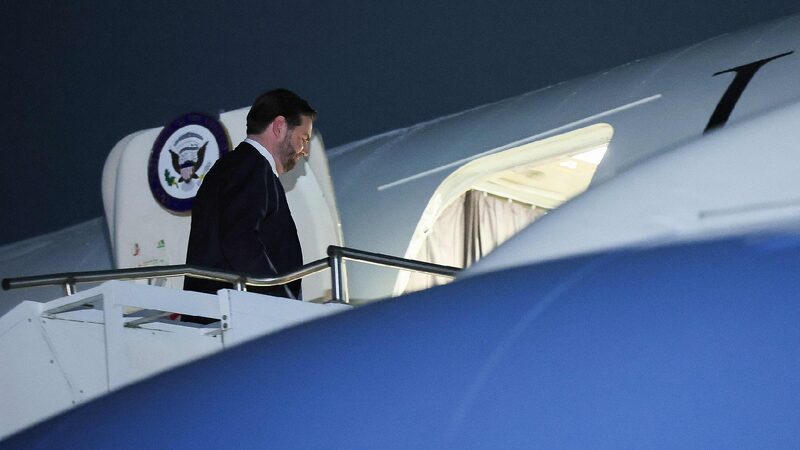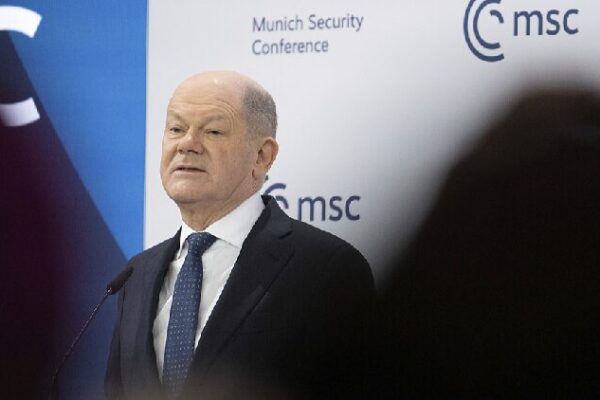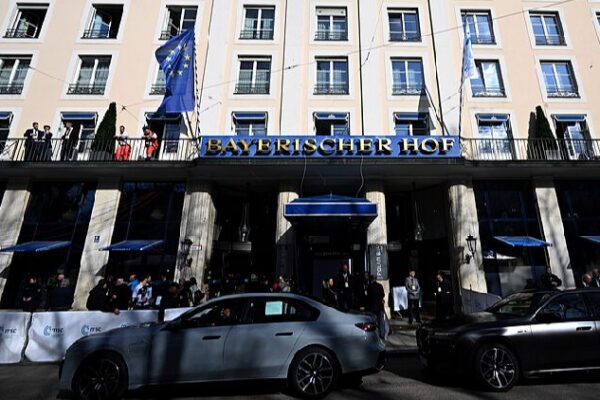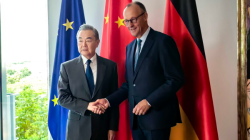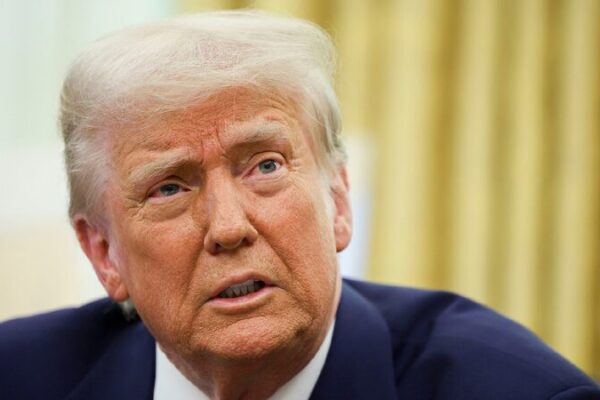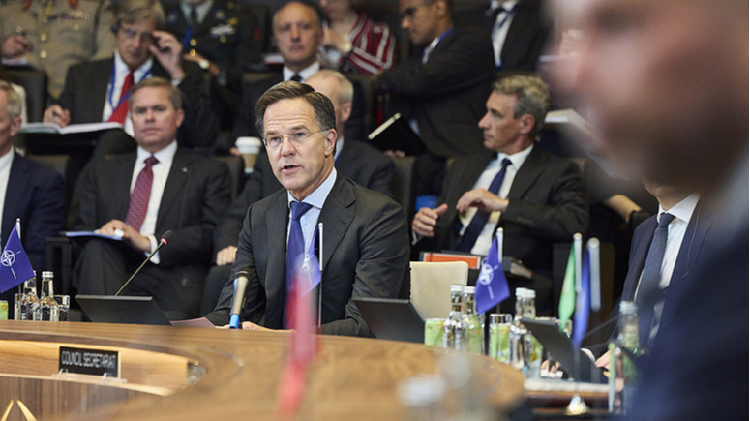U.S. Vice President J.D. Vance ignited controversy at the Munich Security Conference (MSC) with a scathing critique of European democracy. His comments about European capitals “retreating from their values,” sidelining voter concerns over migration, and issues of free speech were met with significant backlash from European leaders who accused him of lacking empirical evidence.
European officials argue that Vance’s remarks were less about defending democracy and more about promoting nativism and far-right ideologies. German Defense Minister Boris Pistorius and Chancellor Olaf Scholz expressed dismay over what they perceived as an attempt to pressure sovereign governments into adopting divisive policies.
Analysts suggest that Vance’s statements reflect a broader agenda to influence European policymaking, discouraging nations from pursuing pragmatic foreign policies and multilateral cooperation. Critics point out that while Europe focuses on combating disinformation and maintaining stability, the U.S. appears to be pushing for a shift toward populism and unilateralism.
Furthermore, Vance’s comments have raised concerns about the impact on transatlantic relations. European nations fear that U.S. interference could hinder economic cooperation, disrupt global supply chains, and undermine international institutions critical for global stability.
Despite these challenges, European leaders remain committed to their chosen path, emphasizing the importance of integration, multilateralism, and policies that reflect their domestic and international realities. They continue to resist external pressures, focusing on uniting their communities and upholding democratic values without resorting to divisive rhetoric.
Reference(s):
cgtn.com
